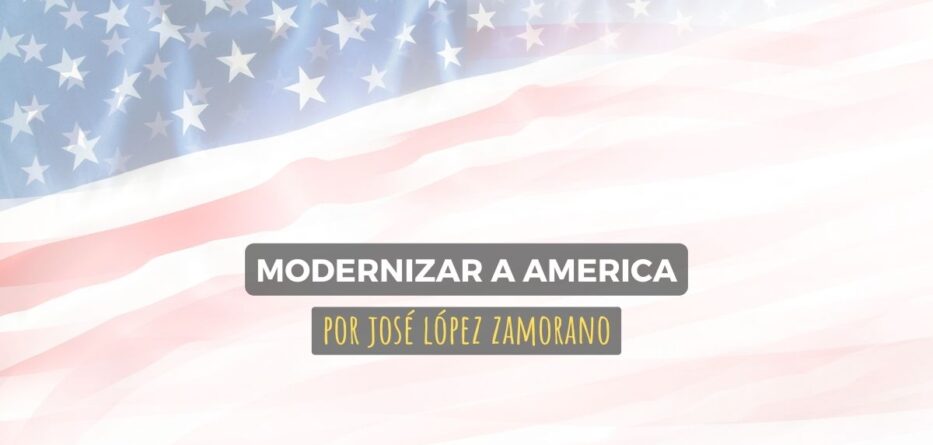President Joe Biden gave a great show of political maturity last week. Despite the fact that the Republicans in the Senate blocked the start of the debate on his ambitious electoral reform proposal, he simultaneously managed to finalize an agreement to push the approval in Congress of his no less ambitious infrastructure project.
The president had originally proposed a generous two-part plan, which included the rehabilitation and modernization of the national infrastructure, including bridges and highways, in a more than generous budget allocation to expand resources to a wide range of social programs, most which would benefit minorities and the most vulnerable.
But in a show of political flexibility, he had to give in to pressure from Republicans who only accepted the first part of his plan. In politics, the perfect is often the enemy of the good. And it is clear that the president decided that part of the plan was better than nothing.
The president’s initiative is aimed at modernizing America’s decimated infrastructure, including 20,000 miles of highways, replacing lead pipes in 400,000 schools, rebuilding 10 larger bridges and 10,000 smaller bridges, and bringing high-speed Internet to 100 % of the country, especially for Hispanic and African-American minorities.
This last point deserves special attention, since the COVID-19 pandemic forced students to carry out their education remotely and exposed the deep inequalities that still prevail in the country’s access to high-speed internet. Assigning resources to this area is a pending issue that corresponds to the federal government to bridge the digital disparity gap.
And perhaps the most surprising part is that the president plans to accomplish all of these goals without raising the tax rate for families making less than $ 400,000 annually. It is certainly an ambitious goal, but it was surely a key condition on the part of Republicans who oppose widening the deficit in federal finances.
But singularly, one of the greatest difficulties that the legislative approval of the plan will now face is found in the Democratic party itself, where some of the most progressive want the original presidential proposal to allocate large resources to social programs to be left in.
The Speaker of the House of Representatives, Nancy Pelosi, maintains, for example, her threat to block legislative approval in her body, unless the bill contains the initial offer to offer free higher education to Americans.
Beyond the immediate outcome of the initiative, which will likely be approved in Congress with some modifications, this episode in America shows that President Biden is determined to pursue a consensus policy. For a country coming from an era of polarization and political division, this is a political philosophy worth acknowledging.
For more information visit www.laredhispana.com.






